
Presenting the report, Minister of Finance Nguyen Van Thang said that the draft Law was built to innovate the mechanism of decentralizing revenue sources and expenditure tasks, ensuring the leading role of the central budget, and increasing the initiative of local budgets. The responsibilities and powers between the central and local governments are divided, linked to the rights and responsibilities of each level according to the motto that the level that implements most effectively and promptly will be assigned to that level; the locality decides, the locality does, the locality is responsible...
The draft Law supplements regulations on balancing revenue from value added tax (including value added tax on imported goods). After deducting value added tax refunds, the central budget (70%) and local budgets (30%) will be divided; supplements regulations on the allocation of 30% of value added tax after deducting tax refunds according to principles and criteria (population, area, etc.) and taking into account specific factors of each locality.
In addition, supplement the regulation on division between the central budget and local budget from land use fee and land rent revenue into 2 groups of localities that self-balance and non-self-balance the budget (previous regulation was that local budget revenue enjoyed 100%).
The draft amended Law also assigns the authority of the Provincial People's Council to proactively decentralize revenue sources and expenditure tasks between the provincial budget and the commune budget in accordance with the actual situation of the locality.

Reporting on the review of revenue decentralization between the central budget and local budgets, Chairman of the National Assembly 's Economic and Financial Committee Phan Van Mai said that, in principle, the Economic and Financial Committee basically agrees with changing the method of revenue division between the central budget and local budgets.
Mr. Phan Van Mai said that the majority of opinions recognized that the implementation of revenue decentralization between the central and local levels has a great impact on the resources to perform assigned tasks. This is a new regulation, and it takes time to evaluate the appropriateness, feasibility, and effectiveness in practice. Therefore, the Economic and Financial Committee agreed with the Government's proposal, which only stipulates the division of revenue between the central and local levels.
Assigning the provincial People's Council to decide on the decentralization of revenue sources among local government levels, especially in the context of merging communes, requires time to clarify the scale and organizational structure of the commune-level government apparatus to arrange the budget and decentralize tasks and appropriate authority in budget management and administration.
Regarding the division ratio, to ensure flexibility in adjusting the division ratio between the revenue sources in case of major fluctuations or large differences in state budget revenue and expenditure between localities, without having to submit to the National Assembly to amend the Law, Mr. Phan Van Mai said that the majority of opinions agreed to stipulate in the draft Law on the principles and revenue sources to be divided. Thereby, the Government was assigned to develop a plan on the division ratio to submit to the National Assembly for consideration, decision and adjustment.
State officials, civil servants and public employees are allowed to participate in peacekeeping forces.

On the same day, presenting the draft Law on Participation in United Nations Peacekeeping Forces, Politburo member, General - Minister of National Defense Phan Van Giang said that this Law stipulates principles, subjects, forms, fields; building and deploying forces; ensuring resources, regimes, policies; international cooperation on United Nations peacekeeping and the responsibilities of agencies and organizations in participating in United Nations peacekeeping forces.
The subjects of application of the Law include: Officers, professional soldiers, defense workers and civil servants, non-commissioned officers, soldiers and units under the Ministry of National Defense; professional and technical officers, non-commissioned officers, police workers, soldiers and units under the Ministry of Public Security assigned to participate in the United Nations peacekeeping force; State officials, civil servants and public employees assigned to participate in the United Nations peacekeeping force; agencies, units, organizations and individuals related to participation in the United Nations peacekeeping force.
In the review report, Chairman of the National Assembly's Committee on National Defense, Security and Foreign Affairs Le Tan Toi suggested that the drafting agency continue to review and clarify the political, legal and practical basis for the regulation of civilian subjects as cadres, civil servants and public employees of the State sent to participate in the United Nations peacekeeping force; the "commanding role of the President" in sending civilian forces to participate in the United Nations peacekeeping force to ensure constitutionality and consistency in the legal system.
Source: https://hanoimoi.vn/de-xuat-giao-hdnd-cap-tinh-phan-cap-ngan-sach-chinh-quyen-dia-phuong-702221.html


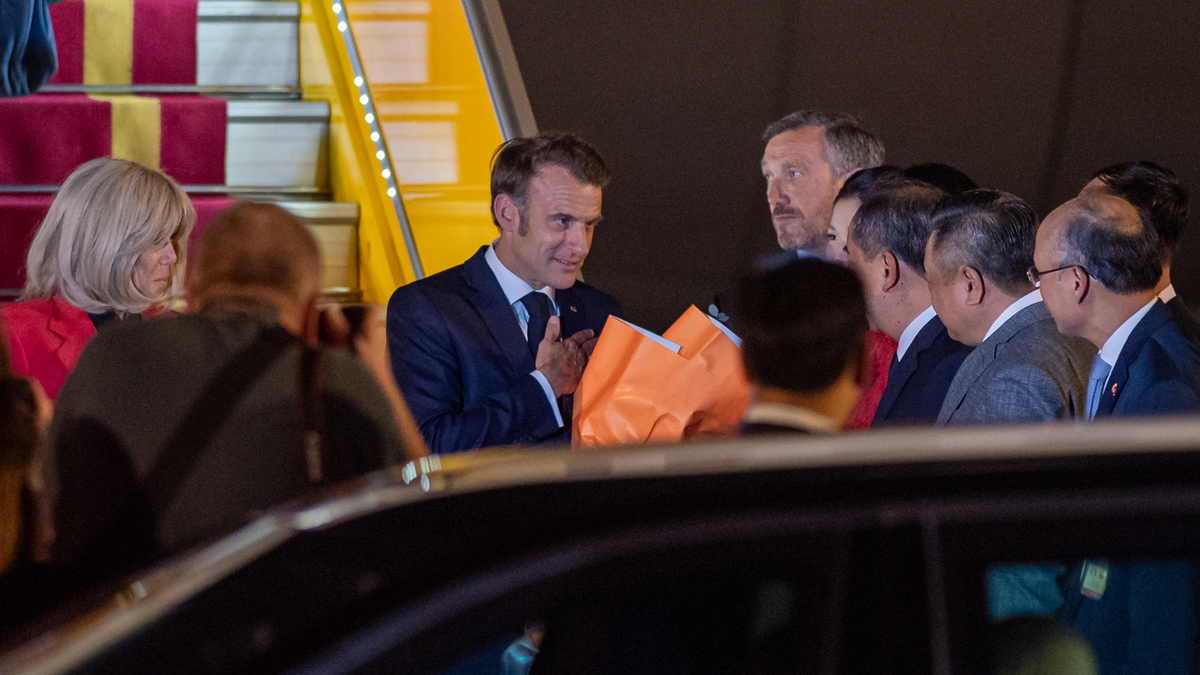
![[PHOTO] Hanoi fences off demolition of "Shark Jaws" building](https://vphoto.vietnam.vn/thumb/1200x675/vietnam/resource/IMAGE/2025/5/25/1b42fe53b9574eb88f9eafd9642b5b45)
![[Photo] Welcoming ceremony for Prime Minister Pham Minh Chinh and his wife on an official visit to Malaysia](https://vphoto.vietnam.vn/thumb/1200x675/vietnam/resource/IMAGE/2025/5/25/dc30203c3ae24da3990266ec3b29bb2d)
![[Photo] Funeral of former President Tran Duc Luong in Quang Ngai](https://vphoto.vietnam.vn/thumb/1200x675/vietnam/resource/IMAGE/2025/5/25/ccf19a3d8ea7450bb9afe81731b80995)
![[Photo] Ea Yieng commune settlement project abandoned](https://vphoto.vietnam.vn/thumb/1200x675/vietnam/resource/IMAGE/2025/5/25/57a8177361c24ee9885b5de1b9990b0e)
![[Photo] French President Emmanuel Macron and his wife begin state visit to Vietnam](https://vphoto.vietnam.vn/thumb/1200x675/vietnam/resource/IMAGE/2025/5/25/03b59c7613144a35ba0f241ded642a59)



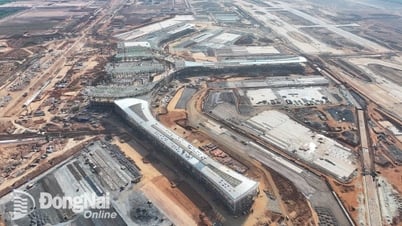

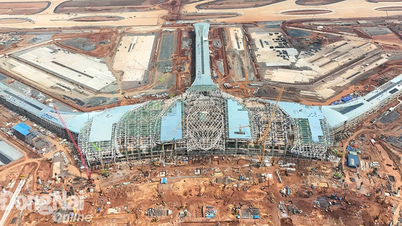










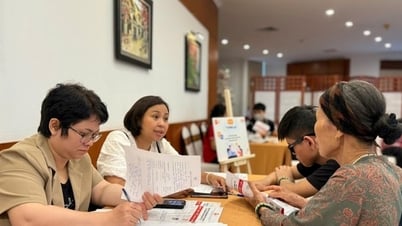
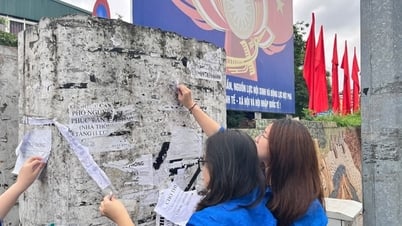
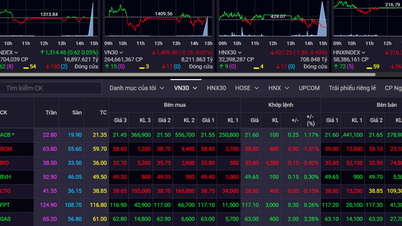
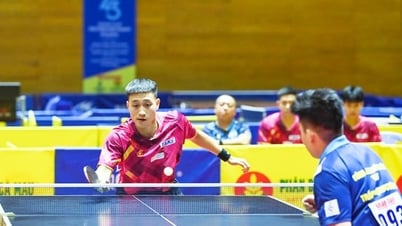
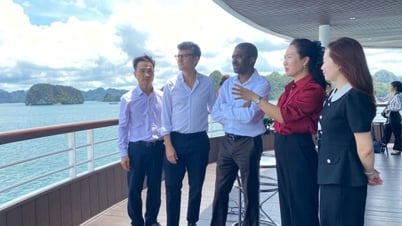

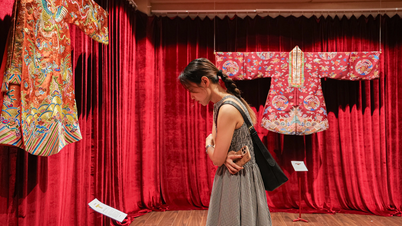









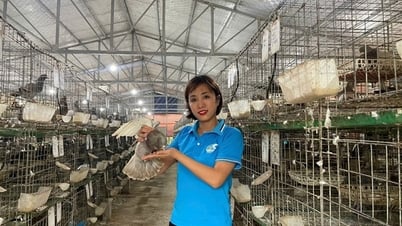

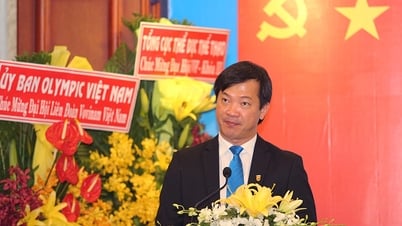
















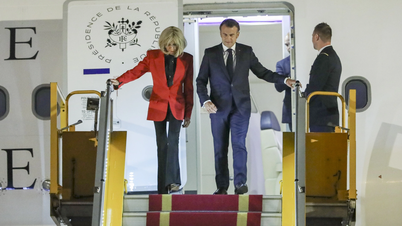
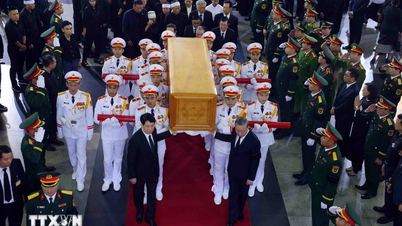
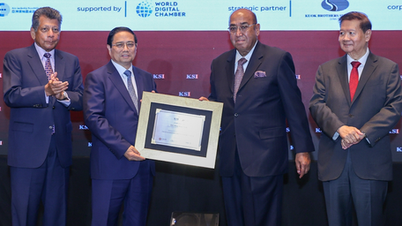
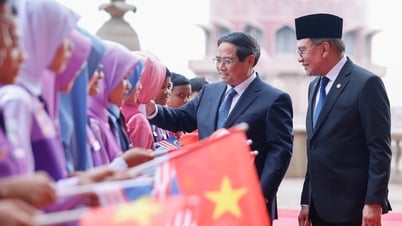
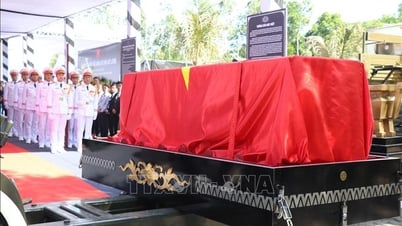

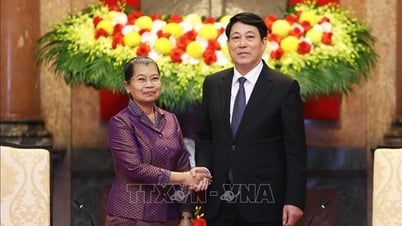

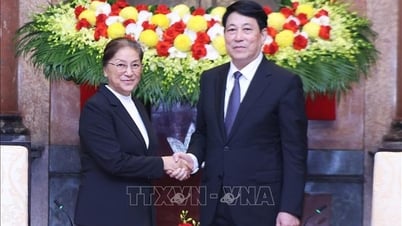





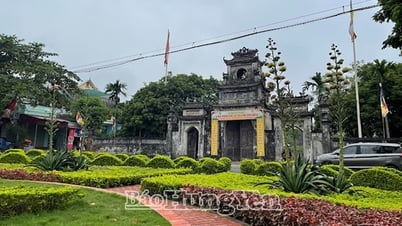

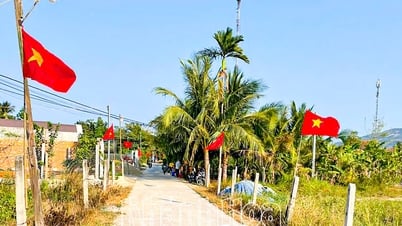


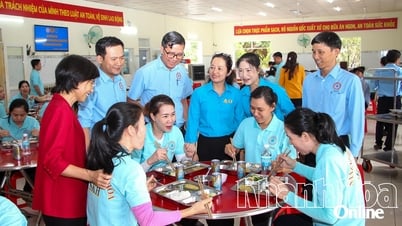

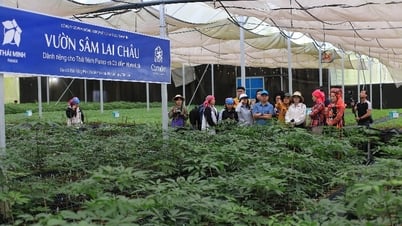











Comment (0)